“Marketing operations” is one of those phrases that gets thrown around a lot.
It’s a catchall for just about every function performed by your marketing department. When we talk about “marketing operations,” we talk about dozens, if not hundreds or even thousands of things.
When it comes right down to it, though, there are really only three foundational elements to all marketing operations:
- People.
- Process.
- Technology.
If we’re going to have a discussion about marketing operations – and you bet we are – it needs to be framed around those three core pillars.
Pay careful attention: Every aspect of your marketing efforts is profoundly influenced by what we cover in this blog post.
1. People: The who
What does it mean to say you’re a marketer?
The answer: Nothing at all.
Because saying you’re a “marketer” is about as descriptive as telling someone you’re a person. It says very little about your skills, your goals, how you spend your time or what you actually do.
That’s why the first tenet of marketing operations is this: Your marketing operations team isn’t made up of marketers; it’s made up of a number of specialists who do marketing.
Any marketer who claims they can “do it all” is a liar or gravely misunderstands the amount of skill, experience and expertise that goes into different marketing roles.
Let’s unpack those roles:
Strategists
 They go by many names. Marketing manager. Content marketing strategist. Marketing operations leader. But they are, in essence, members of marketing operations management.
They go by many names. Marketing manager. Content marketing strategist. Marketing operations leader. But they are, in essence, members of marketing operations management.
Meaning: They create marketing strategies that support business goals. They’re proficient at collecting, organizing and interpreting data, and they always tie each marketing activity back to revenue.
A strategist needs a strong theoretical understanding of all marketing operations. They don’t necessarily need to know how to segment an email database, or author a blog post. But they must understand the role that each and every marketing activity can play in a marketing operations strategy, how much effort, time and money is involved in each, and most importantly, when to prescribe which marketing efforts.
Strategists also need to be familiar with digital marketing resources like Google Analytics, Google Search Console, marketing automation software and keyword research tools. They have to be comfortable with CRM software (e.g., Salesforce), and they need to be excellent communicators and savant slide deck builders.
Project managers
 Your project managers liaise between strategists and the marketing specialists who handle the various elements of a marketing campaign.
Your project managers liaise between strategists and the marketing specialists who handle the various elements of a marketing campaign.
They organize content calendars. They figure out deadlines. They help manage resources allocated to projects, and it’s their job to flag with the strategist when budget, time or effort are being over-extended.
They also act as quality control for creative deliverables, which means they need to be closely aligned with the strategist about the intended effects of the marketing deliverables they oversee.
The perfect project manager is highly organized, empathetic, communicative and flexible. They need to be able to find their way around spreadsheets, documents, slide decks and project management software.
Content creators
 These are the writers, the designers, the developers, the animators, the videographers, the illustrators, the social media managers and the many other talented people who actualize a marketing operations strategy.
These are the writers, the designers, the developers, the animators, the videographers, the illustrators, the social media managers and the many other talented people who actualize a marketing operations strategy.
Speaking from experience, marketing is full of restraints. As a creative, you have to work with the goals and the data that are presented to you. Sometimes, you have to make hard decisions about whether it’s better to create the best piece of content, or the best piece of content to serve a particular strategy. The two are not always in alignment in the mind of a creative person.
The more daunting task is trying to maintain creativity day-in and day-out. When you’re in a creative role, you don’t have the luxury of waiting for inspiration to strike. You have to find it every day.
It’s not easy work. But it’s essential.
SEOs and digital marketing specialists
 We call them consultants at Brafton.
We call them consultants at Brafton.
These highly knowledgeable, tech-savvy marketing experts audit website performance using a variety of tools – including Google Analytics, user-experience heatmaps and Screaming Frog.
Screaming Frog, not to be confused with a shouting amphibian, is a technical SEO tool.
Digital marketing specialists also provide supplemental research for creative teams that ensure content is optimized to achieve a marketing goal.
For instance, at Brafton they’re the ones who create our Search Performance Briefs. These documents are based on data about what recurring topics and key terms appear in the webpages that rank well for a specific keyword.
In a typical marketing team, strategists often double as SEO specialists. This is a recipe for spreading strategists too thin. Strategic planning is a full-time job concerned with tying marketing goals to business goals and overseeing a larger strategy. Search engine optimization is a broad practice that covers everything from keyword research to website structure, page speed, UX analysis and much more.
Social media managers and consultants
 Social media marketing has its own nuances. Like interacting with influencers. Building followers. Targeting and engaging specific groups of followers. And of course, posting at a regular cadence.
Social media marketing has its own nuances. Like interacting with influencers. Building followers. Targeting and engaging specific groups of followers. And of course, posting at a regular cadence.
By any name – strategist, consultant, manager – social media experts straddle the line between tactician and creative expert. They need to know how to interpret data across multiple channels, but they also need to be able to creatively communicate with an audience of followers.
Social consultants also need to be well-versed in PPC advertising strategy on the occasions that paid social is warranted in your marketing mix.
Don’t underestimate the importance of social media managers. They occupy a unique space in marketing and are crucial for guiding any strategy that intersects with social media.
Developers/tech specialists
 We use the phrase “developers” loosely here to refer to many types of website work.
We use the phrase “developers” loosely here to refer to many types of website work.
A great developer who specializes in digital marketing needs to be a jack of all trades.
They help with the technical side of things, including executing technical SEO campaigns, sprucing up webpages with UX elements, improving site accessibility and so much more.
There’s also a heck of a lot of troubleshooting. Technology has a way of breaking, and developers have a way of fixing.
Key takeaway: It takes a village
The skills involved in marketing ops are incredibly diverse, and no one person possesses them all.
Most marketing teams do what they can with the resources they have, which is understandable. But if the goal is to truly optimize the performance of your marketing department, you can’t do it without access to a complete marketing team.
2. Process: The what
Entire books have been written about how to “do” marketing.
So instead of telling you what specific actions you need to take, we’ll focus specifically on who should be handling which specific marketing operations.
The following is a list of marketing processes by stakeholder:
Strategists:
- Collaborate with business management to align marketing goals and business objectives.
- Pull data and create performance reports and presentations for management.
- Work with marketing specialists on persona development.
- Track ROI of marketing efforts.
- Earn buy-in from the rest of the marketing team.
Project management:
- Oversee campaign execution.
- Monitor spend.
- Track deliverable status and update project stakeholders.
- Post live content or otherwise assist the marketing specialist in charge of website maintenance.
- Collaborate with every other marketing stakeholder on all deliverables.
Content creators
- Create copy for landing pages, blog posts, case studies, marketing collateral (white papers and eBooks), emails, product descriptions, video scripts, ads and other marketing materials.
- Create graphics and custom illustrations to accompany written copy.
- Design webpages, banner ads and calls to action and other visual marketing elements.
- Format eBooks, infographics, white papers, one-pagers, case studies and other marketing assets.
- Build new webpages.
- Plan, shoot and edit video content.
- Storyboard and create animations.
SEOs and other digital marketing specialists
- Perform keyword research.
- Develop data-driven creative briefs to help guide content creation efforts.
- Conduct website and UX audits.
- Conduct technical SEO audits.
- Manage paid search campaigns.
- Handle email marketing campaigns, including list segmentation and sending.
- Implement calls to action, including form and opt-in boxes.
- Assist with persona development.
Social media managers
- Manage social media accounts.
- Build followers.
- Interact with influencers.
- Launch user-generated content campaigns.
- Regularly update social channels with new content.
- Manage paid social campaigns.
- Nurture leads.
Developers/tech specialists
- Create templates in content management systems.
- Refactor code (make it more readable).
- Build custom marketing forms.
- Build UX elements.
- Support compliance with data privacy regulations.
- Assist in technical SEO campaigns.
- Troubleshoot issues as they arise.
- SSL setup.
- Much, much more.
Key takeaway: Know which activities to outsource
Clearly there are a lot of processes that go into a marketing program.
In a perfect world, you would always be on top of all of these aspects of digital marketing. However, it’s a lot to juggle, which is why strategy is such a crucial part of the marketing mix.
Strategists – aka marketing managers – are largely responsible for knowing which processes are most important for their operations, and for seeing where the opportunities for greatest improvement lie. Sometimes that means knowing where to hire in-house, and where to seek the help of an outside agency for support or to handle larger, more intricate projects such as a website redesign.
In all our years as an agency, we can count on one hand the number of clients we’ve worked with who haven’t simultaneously been working with other marketing agencies.
It just isn’t feasible to expect to be able to:
- Have every marketing skillset you need employed in-house.
- Have the bandwidth to do all the things that need to be done in marketing.
3. Technology: The how
Technology has the potential to transform the efficacy and scale of your digital marketing operations, and it’s crucial to the modern customer experience.
But it is there for one single purpose: To enable your people and to enhance processes.
With that in mind, we’ve listed out the most important marketing technology that your team needs to execute their operations:
Web analytics tools

- Google Analytics
- Google Search Console
Who uses them: Strategists and SEO experts.
What they use them for: Track key indicators such as website traffic, conversion rates, unique users, average position in search, keyword rankings and other important data.
Email and marketing automation tools
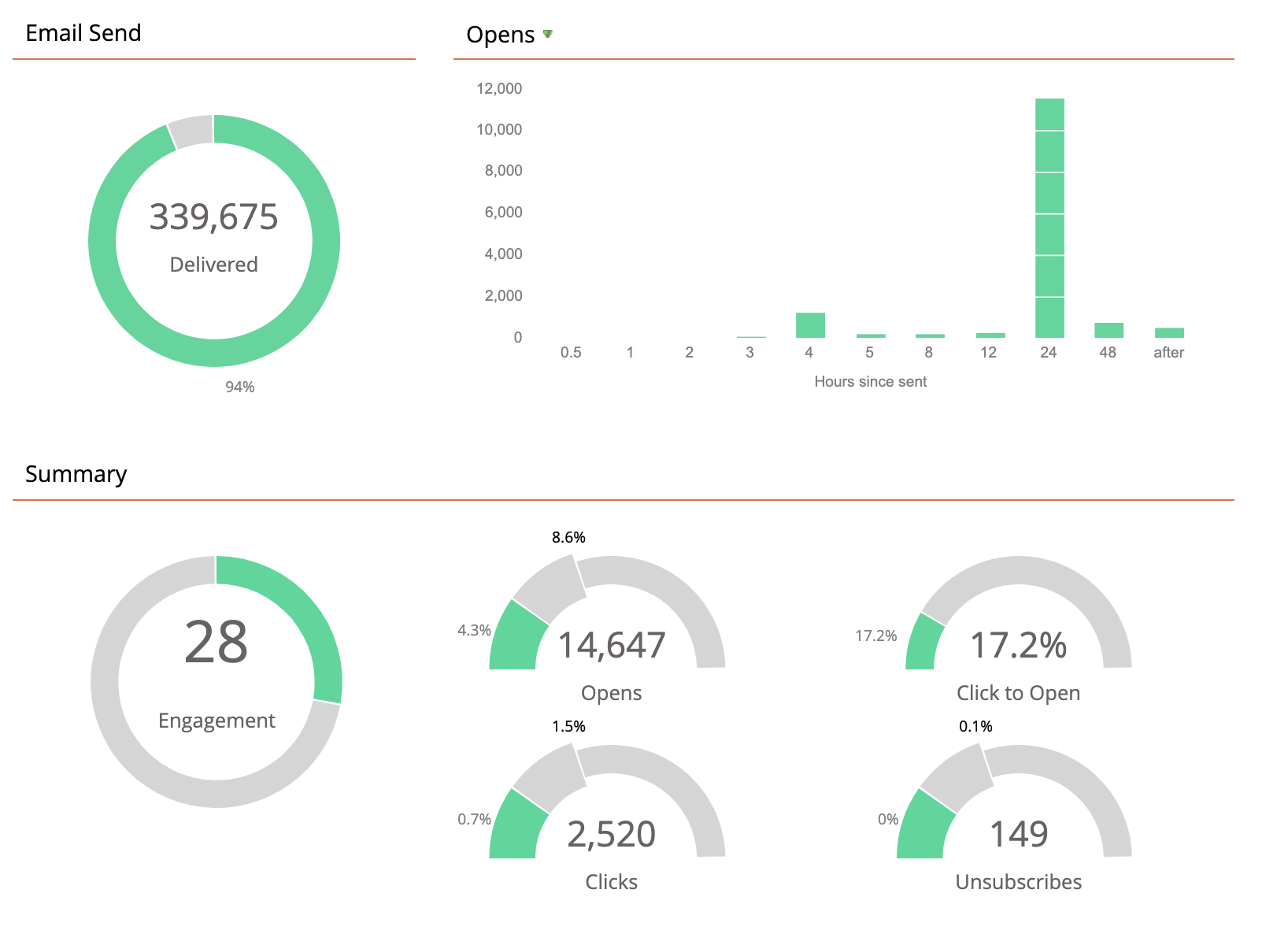
- Marketo.
- Pardot.
- Hubspot.
- Mailchimp.
- Salesforce.
Who uses them: Strategists, lead management teams, email-marketing specialists.
What they use them for: Email list segmentation, email sending, lead qualifying.
Project management software
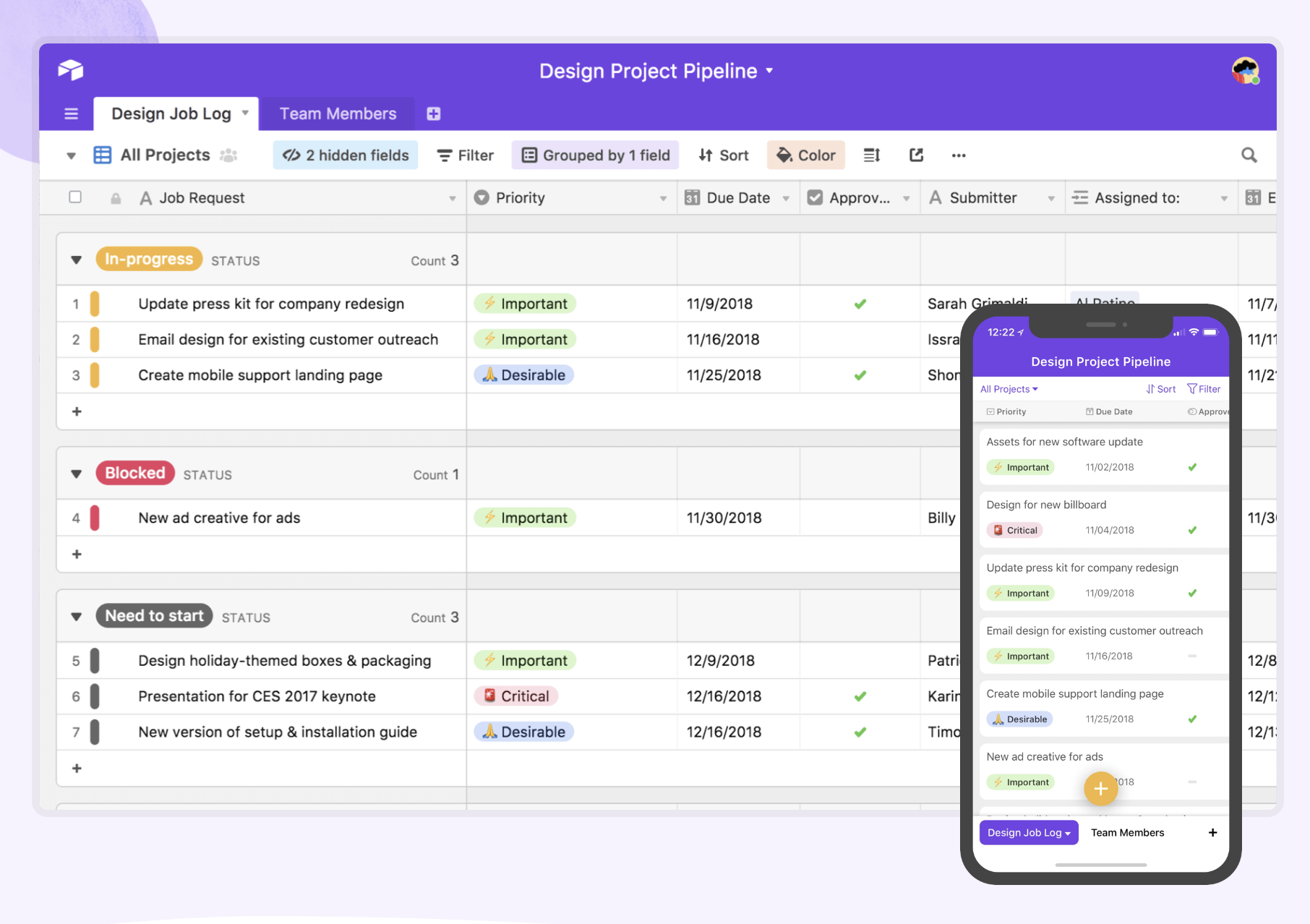
- Airtable.
- Asana.
- Trello.
- Wrike.
- Google Sheets/Microsoft Excel.
Who uses them: Mostly project managers, but also strategists, specialists and every marketer on your team who has deliverables that they need to track or manage.
What they use them for: To track campaigns, projects and individual marketing deliverables, and to coordinate all marketing efforts in one place.
Keyword research tools
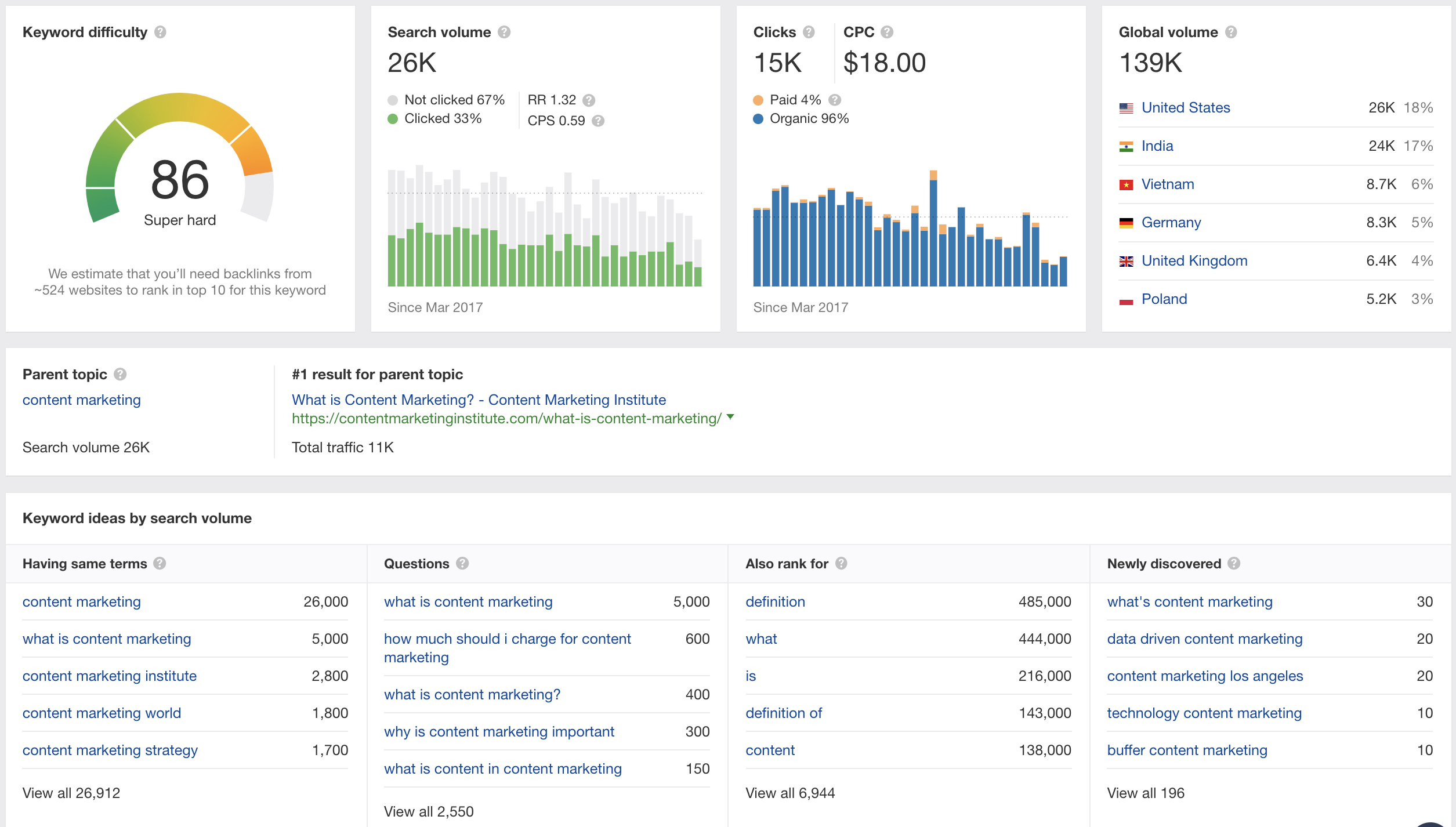
- Moz Keyword Explorer.
- Ahrefs.
- SEMrush.
- KWFinder.
Who uses them: Strategists, SEO specialists, content writers.
What they use them for: To create lists of keywords to target in each blog post or landing page that goes on a website (every new webpage that goes on your site should always target a single keyword with strong monthly search volume and a keyword difficulty score that is lower than your Domain Authority); to see what keywords competitors are dominating.
Specialized SEO and website performance tools
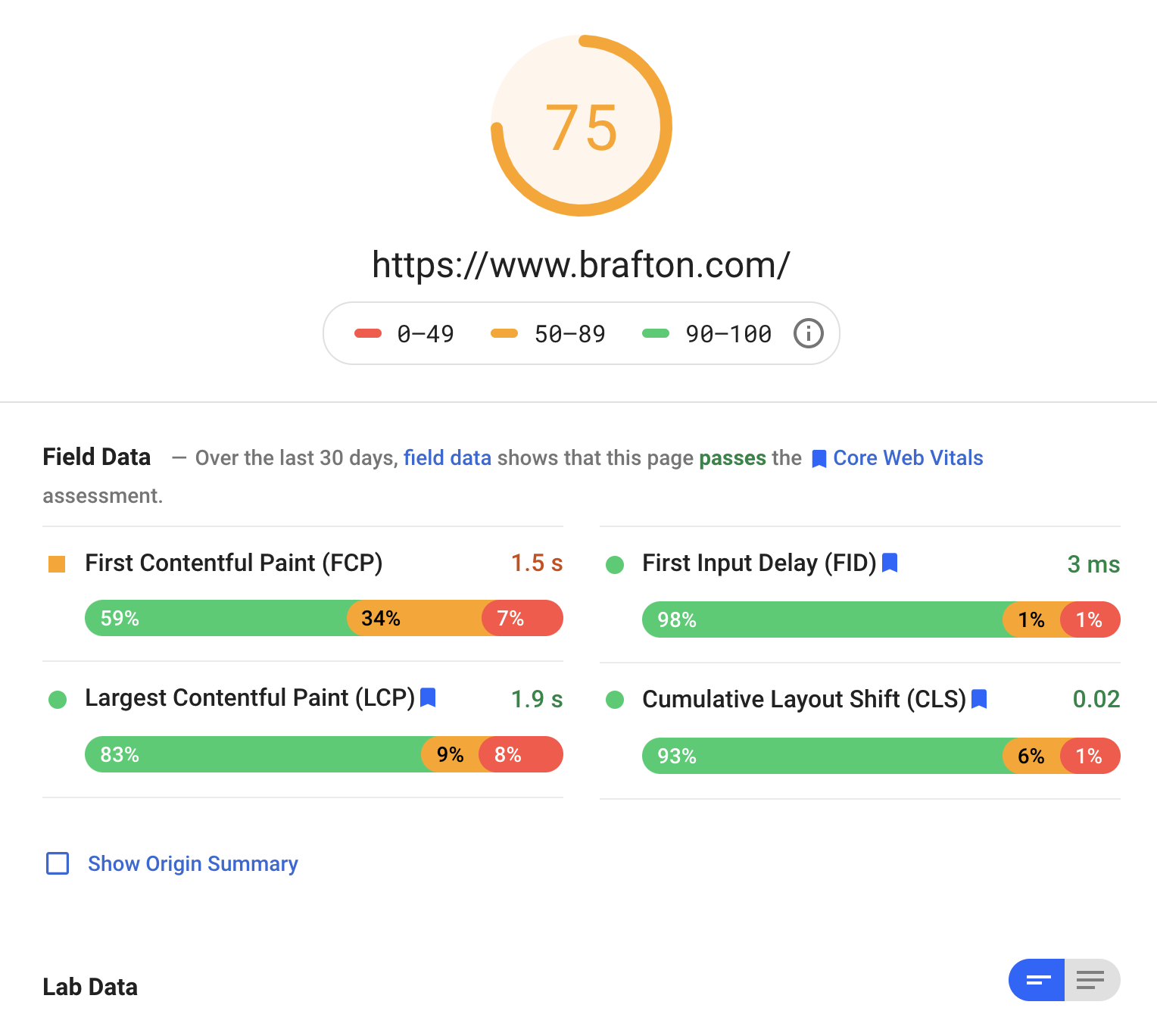
- Google Analytics.
- Google Search Console.
- PageSpeed Insights.
- Screaming Frog.
- MarketMuse.
- Google Ads
- Sprout Social.
- Much more.
Who uses them: SEO and digital marketing specialists, PPC consultants, technical SEO specialists, developers, UX and design experts.
What they use them for: Everything from creating content briefs that will improve the odds of ranking for a specific keyword, to managing paid search campaigns, posting on social media channels, fixing crawl errors and much more.
Content publishing tools

- WordPress or other content management system.
- Yoast SEO plugin.
- Google Search Console.
Who uses them: The marketing specialists or project managers who post content to your site.
What they use them for: Posting content to your site, updating existing content on your site, making sure that newly posted content is indexed, deindexing content that you don’t want to appear in search and much more.
Content creation tools

- Google Suite.
- Grammarly Plugin.
- Adobe Creative Cloud Suite.
- Canva.
- Survey Monkey.
- Much, much more.
Who uses them: Writers, designers, editors, videographers, animators, social media managers, project managers and developers.
What they use them for: Content creation, research, data collection, collaboration and quality control.
Development/tech
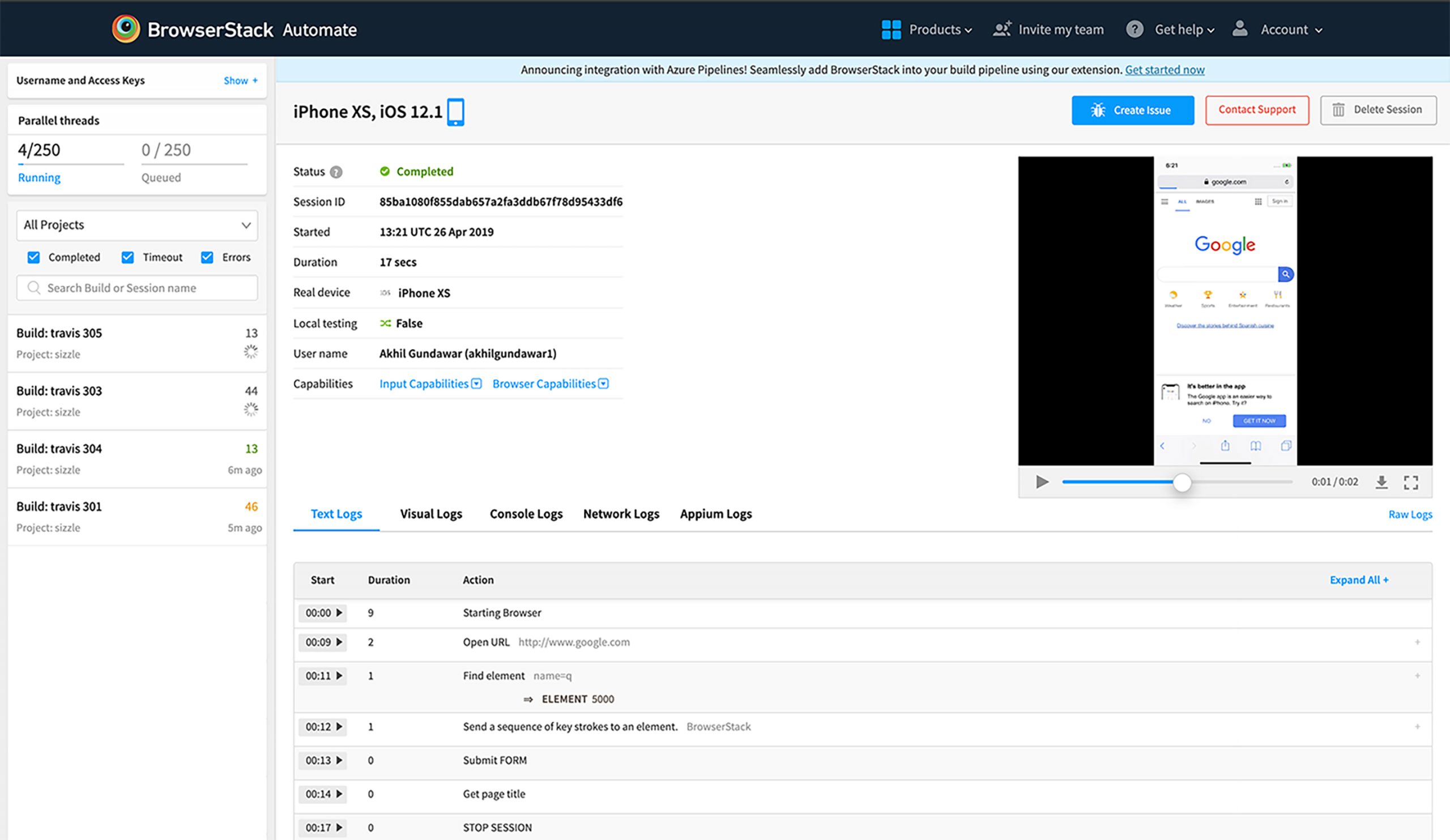
- Docker.
- Visual Studio Code.
- Compass.
- Windows Subsystem for Linux.
- BrowserStack.
- Many, many more.
Who uses them: Developers and tech support.
What they use them for: Containerization, debugging, code refactoring, website and application testing, and so much more.
In conclusion: A lot goes into marketing
Like any other undertaking in modern business, great marketing takes talented people, careful selection and execution of key processes, and the right tools to make it all happen.
And there’s a lot to consider as you explore the who, the what and the how of marketing operations.
But knowing what needs to be done and what it takes to do it is half – nay, three quarters – of the battle.
Presuming you have the right people, processes and technology on your side, the rest is easy.





